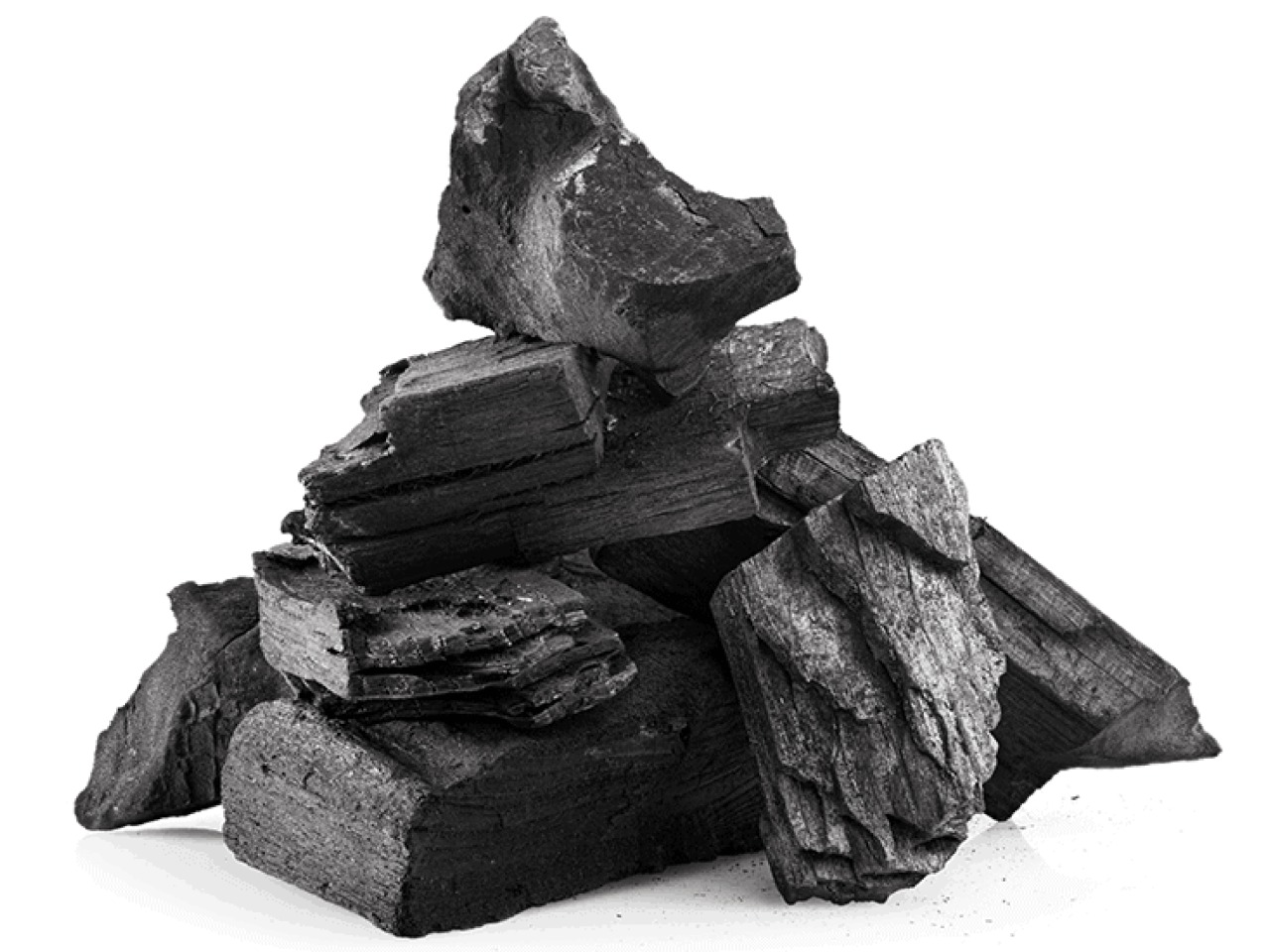Introduction to Charcoal
Charcoal has been a trusted fuel source for centuries, especially in outdoor cooking. Whether you are grilling, smoking, or barbecuing, choosing the right type of charcoal makes a big difference in flavor, heat, and cooking performance. Two of the most popular types are lump Charcoal and briquettes. Both serve the same purpose, but each has unique qualities that can impact your cooking results. Understanding the differences between lump charcoal and briquettes will help you make the right choice for your next cookout.
What Is Lump Charcoal?
Lump charcoal is made by burning hardwood in the absence of oxygen, leaving behind pure carbon pieces. This type of charcoal is natural and contains no additives or chemicals. Lump charcoal lights quickly, burns hotter, and imparts a distinct smoky flavor to food. Many chefs and barbecue enthusiasts prefer lump charcoal because it is closer to traditional wood cooking and provides a clean burn.
What Are Charcoal Briquettes?
Charcoal briquettes are manufactured by compressing sawdust, wood scraps, and other materials into uniform shapes. They often include binding agents and sometimes additives that help them burn consistently. Briquettes are designed to provide steady heat for longer periods, making them ideal for slow cooking. Although briquettes may not burn as hot as lump charcoal, their reliability and affordability make them a popular choice for many households.
Heat and Cooking Performance of Charcoal
The main difference between lump charcoal and briquettes lies in heat output and consistency. Lump charcoal burns hotter, which makes it perfect for searing steaks and achieving that restaurant-quality crust. Briquettes, on the other hand, produce steady and moderate heat, which is excellent for grilling foods that require longer cooking times, such as chicken or ribs. Choosing the right charcoal depends on the type of food you are preparing and the cooking method you prefer.
Flavor Differences in Charcoal
One of the biggest reasons people choose charcoal over gas is flavor. Lump charcoal gives food a bold, smoky taste that many grill masters crave. Since it is made from pure hardwood, the smoke it produces adds authentic barbecue flavors. Briquettes, while consistent in performance, sometimes contain fillers that can slightly affect flavor. However, many high-quality briquettes are designed to minimize this and still offer a pleasant taste. When deciding between charcoal types, flavor preference plays a major role.
Ease of Use of Charcoal
Another factor to consider is ease of use. Lump charcoal lights faster and reaches high temperatures quickly, but it can burn out faster as well, requiring more frequent refueling during long cooks. Briquettes, on the other hand, take a little longer to ignite but provide a steady burn that requires less attention. For beginners, briquettes may be easier to manage, while experienced cooks who want more control often prefer lump charcoal.
Environmental Impact of Charcoal
Charcoal production and use also affect the environment. Lump charcoal is made from natural hardwood and does not include additives, making it a more eco-friendly option when sourced responsibly. Briquettes, because of the binding agents and fillers, may not be as natural, but they are often made from recycled wood materials, which helps reduce waste. Whichever charcoal you choose, selecting a sustainable brand can reduce environmental impact.
Cost Comparison of Charcoal
Price is another consideration when choosing between lump charcoal and briquettes. Lump charcoal tends to be more expensive because it is made from natural hardwood and burns faster. Briquettes are cheaper and last longer, making them a cost-effective choice for regular grilling. While the upfront cost of lump charcoal is higher, many people believe the flavor and heat control are worth the investment.
Best Uses for Lump Charcoal
Lump charcoal works best for high-heat cooking and quick grilling sessions. If you want to sear steaks, cook burgers, or make pizzas on a charcoal grill, lump charcoal is the superior choice. Its ability to reach high temperatures quickly makes it perfect for meals that require fast, intense heat. Lump charcoal is also ideal for adding strong smoky flavors to food.
Best Uses for Charcoal Briquettes
Charcoal briquettes excel in low-and-slow cooking. They are the preferred choice for smoking ribs, briskets, and poultry because they burn evenly over long periods. Their consistent performance allows cooks to focus on flavor and technique rather than constantly adjusting the fire. For family cookouts and longer barbecues, briquettes are often the most practical type of charcoal.
Safety Considerations with Charcoal
When using any type of charcoal, safety should be a priority. Always light charcoal in a well-ventilated area and avoid using lighter fluids that can leave chemical tastes on food. Using a chimney starter is the safest and most effective way to ignite charcoal. After cooking, ensure that all charcoal is completely extinguished before disposal. Proper handling ensures that your grilling experience remains enjoyable and hazard-free.
Choosing the Right Charcoal for Your Cooking Style
Ultimately, the choice between lump charcoal and briquettes depends on your cooking style and preferences. If you prioritize flavor, high heat, and a more traditional grilling experience, lump charcoal is the way to go. If you prefer convenience, steady heat, and cost-effectiveness, briquettes may suit you better. Both types of charcoal have their advantages, and many grillers even combine them for the best of both worlds.
Conclusion
Charcoal remains the fuel of choice for authentic outdoor cooking. Whether you choose lump charcoal or briquettes, both provide unique benefits that enhance your grilling experience. Lump charcoal offers natural flavor and high heat, while briquettes deliver consistency and long-lasting performance. By understanding the differences between these two types of charcoal, you can make the best decision for your cooking needs and enjoy delicious results every time you fire up the grill.



